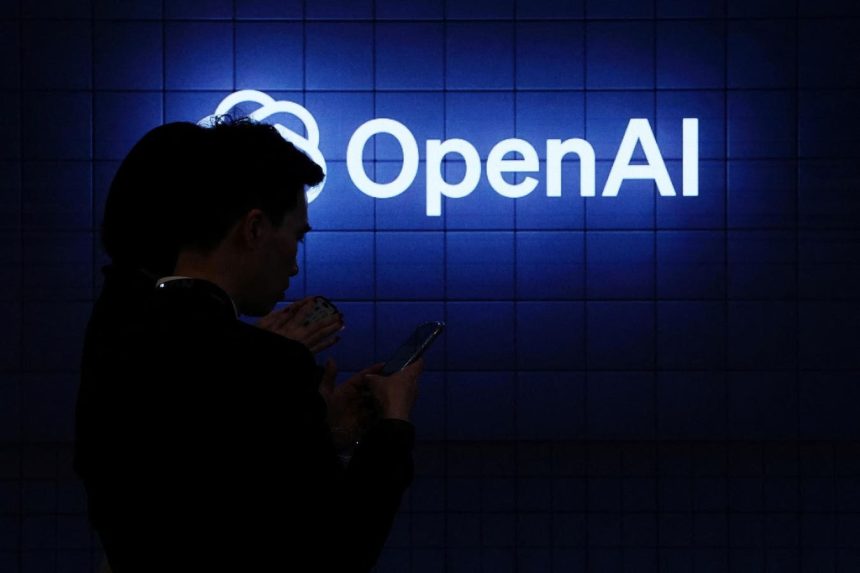Suchir Balaji, a 26-year-old former researcher at OpenAI, tragically ended his life in his San Francisco apartment on November 26th. The San Francisco Police Department confirmed his death as a suicide, stating that no evidence of foul play was found during the initial investigation. His passing occurred merely a day after he was named in a court filing related to a copyright infringement lawsuit against OpenAI, a company he had recently departed after expressing concerns about their data collection practices. Balaji’s death has cast a somber shadow over the burgeoning field of artificial intelligence and sparked discussions about the ethical implications of training AI models using vast amounts of data scraped from the internet.
Balaji’s departure from OpenAI in October was marked by his public allegations against the company, claiming they were violating copyright laws by scraping copyrighted material from the internet to train their AI models, including their flagship product, ChatGPT. He argued that this practice not only infringed upon the rights of creators but also posed a threat to the overall health of the internet ecosystem. He believed that the unauthorized copying of copyrighted data constituted copyright infringement unless it fell under the umbrella of “fair use.” This public stance led to him leaving the company, stating that anyone who shared his beliefs would feel compelled to do the same. He subsequently began working on a personal project, the details of which remain undisclosed.
OpenAI, a leading player in the AI industry, refuted Balaji’s allegations, maintaining that their data collection practices were within the bounds of the law. The company emphasized that while generative models seldom produce outputs that are substantially similar to their training inputs, the process inherently involves copying copyrighted data. They argued that this copying is necessary for the training process and falls under fair use, allowing them to utilize the data without explicit permission from copyright holders. This legal gray area surrounding the use of copyrighted material for AI training has become a focal point of debate and legal challenges, with authors and other creators increasingly voicing concerns about the potential misuse of their work.
The lawsuit that named Balaji sought to determine the extent to which OpenAI’s data collection practices infringed upon copyright laws. Numerous authors joined the suit, claiming their copyrighted works were used without permission to train OpenAI’s models. The court filing specifically mentioned Balaji as someone whose professional files at OpenAI would be searched for relevant information regarding his copyright concerns. The timing of his death, just one day after this filing, adds another layer of complexity to an already sensitive situation. While no direct link has been established between the lawsuit and his suicide, the close proximity of these events raises questions about the pressure he might have been facing.
OpenAI expressed their condolences following Balaji’s death, stating they were devastated by the news and offering their sympathies to his loved ones. This statement, while acknowledging the tragedy, does not address the underlying issues raised by Balaji regarding copyright infringement. The company continues to maintain its stance that its practices are legal and necessary for the development of advanced AI models. However, the ongoing lawsuit and Balaji’s public accusations have brought the issue of copyright in the age of AI to the forefront, prompting calls for greater transparency and clearer legal guidelines.
The tragic circumstances surrounding Balaji’s death underscore the complex and evolving ethical landscape of artificial intelligence. His concerns about copyright infringement highlight a critical challenge facing the AI industry: how to balance the need for vast amounts of data to train powerful AI models with the rights of creators and the integrity of the internet ecosystem. As AI technology continues to advance at a rapid pace, it is imperative that the legal and ethical frameworks surrounding data collection and usage keep pace to ensure responsible innovation and prevent potential harm. The case of Suchir Balaji serves as a stark reminder of the human cost associated with these complex issues and the urgent need for a thoughtful and balanced approach to AI development.



